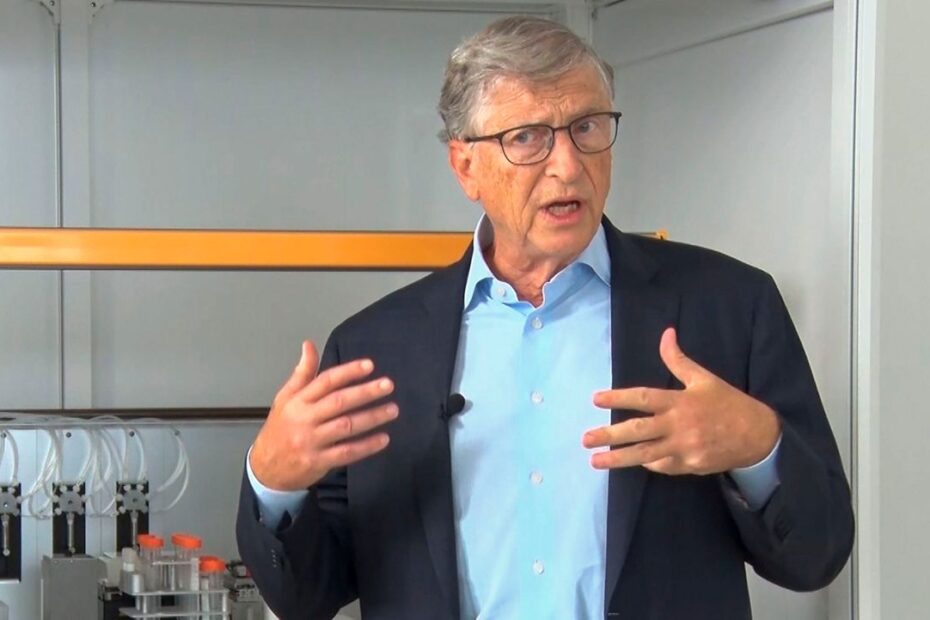The Bill & Melinda Gates Foundation has allocated $40 million to support the expansion of access to mRNA vaccines aimed at safeguarding against various diseases in Africa.
This funding will benefit a Belgian biotech company and two prominent African vaccine manufacturers.
Quantoom Biosciences, located in Nivelles, will receive $20 million to further develop its mRNA manufacturing platform.
Additionally, the Institut Pasteur de Dakar in Senegal and Biovac in South Africa will each receive $5 million to acquire this technology.
An additional $10 million has been set aside for other vaccine manufacturers interested in adopting this platform.
mRNA-based vaccines have transformed the global response to the COVID-19 pandemic; however, their distribution has been severely unequal.
In response to this disparity, various initiatives have been established to address the issue and harness this innovative technology to combat existing threats that disproportionately impact lower-income countries, such as malaria and tuberculosis.
In April of this year, the World Health Organization inaugurated its mRNA vaccine technology center in Cape Town.
Among its members, Afrigen Biologics has achieved a significant milestone by creating Africa’s inaugural laboratory-produced mRNA vaccine for COVID-19.
Ntensify’s Cost-Efficiency
However, the production of mRNA vaccines remains costly, especially when considering the large-scale production required for testing and the widespread distribution of safe and effective vaccines.
Quantoom’s platform, known as Ntensify, offers a more cost-effective and efficient means of producing mRNA vaccine batches at a significant scale.
A spokesperson from the Gates Foundation revealed this ahead of an announcement scheduled for its 2023 Grand Challenges Annual Meeting in Dakar on Monday.
“This is an important and necessary step towards vaccine self-reliance in the region,” stated Dr Amadou Sall, chief executive of the Institut Pasteur de Dakar.
Also Read: Nairobi to Host Bill and Melinda Gates Foundation Regional Office
Ntensify was initially created with funding from the Gates Foundation provided to Univercells, the parent company of Quantoom, back in 2016.
Afrigen has already adopted this platform, utilising it for the development of vaccines against Rift Valley fever and gonorrhoea.
Gates and Afrigen have asserted that Ntensify has the potential to slash vaccine development costs by 50% when compared to conventional mRNA technology.
During a telephone call from Dakar, Petro Terblanche, Afrigen’s CEO emphasised that the focus of the second generation of mRNA technology is cost reduction.

